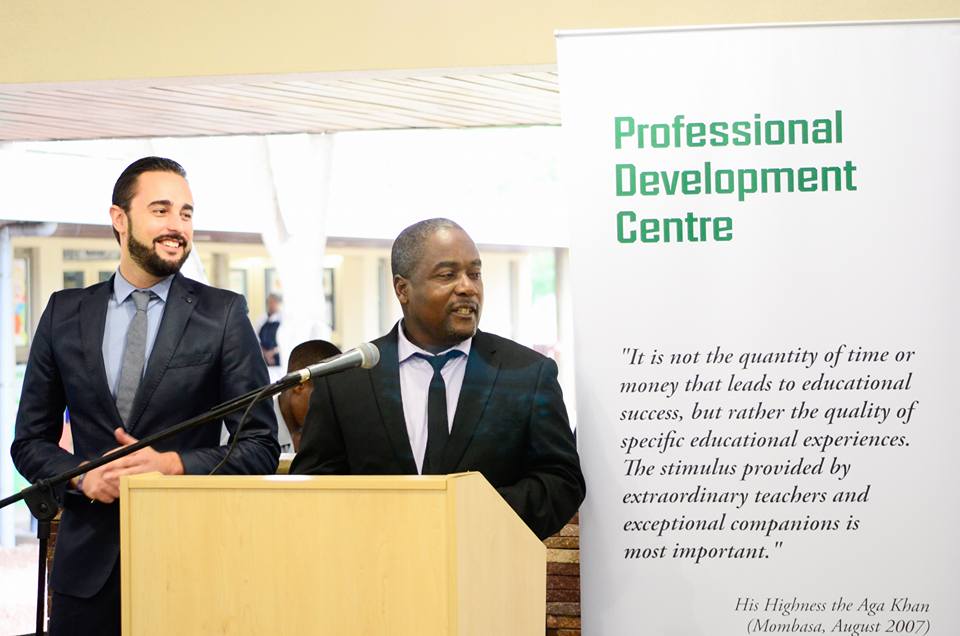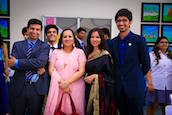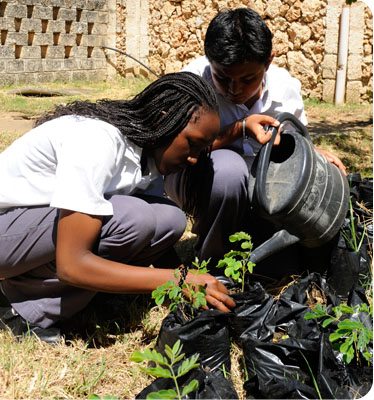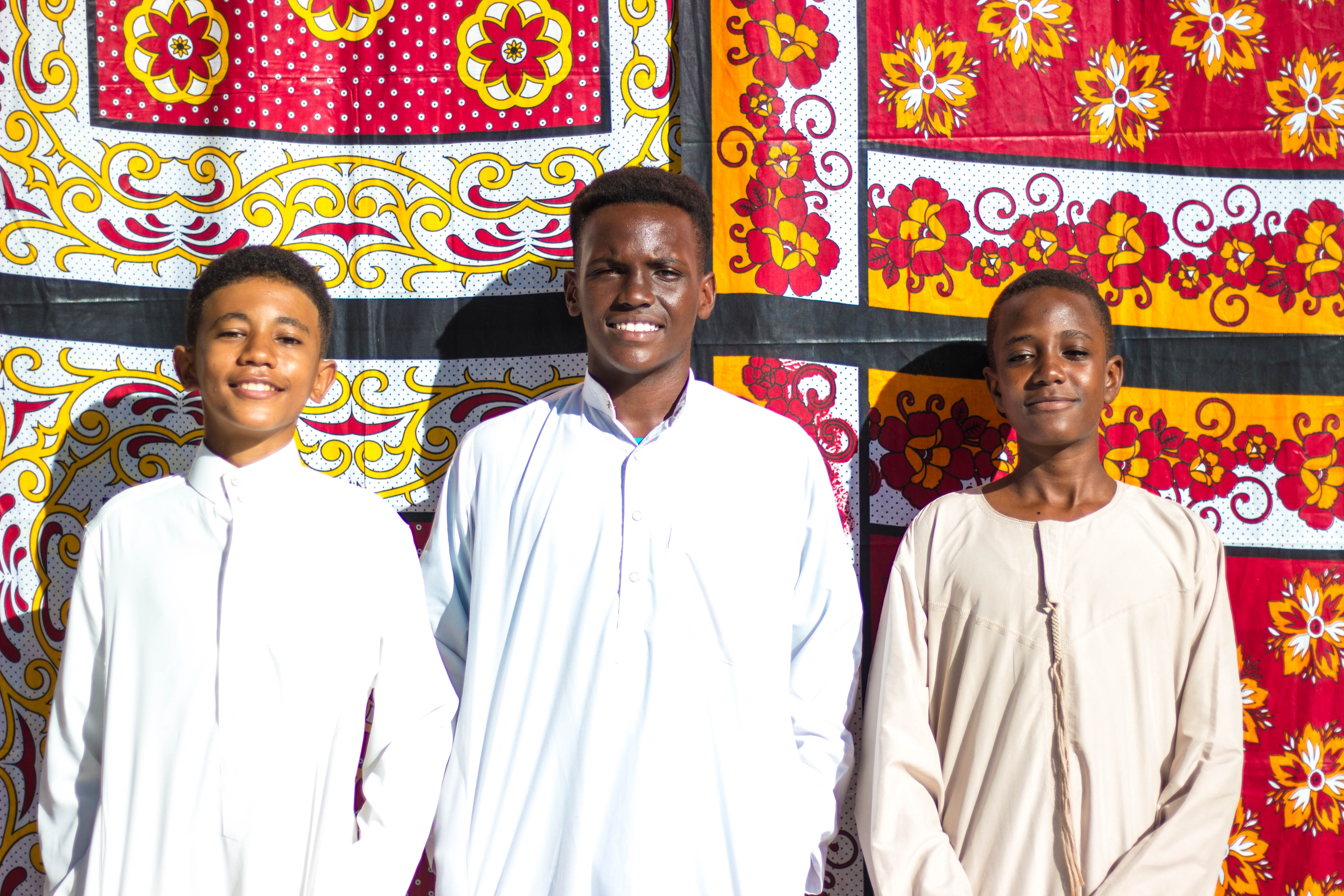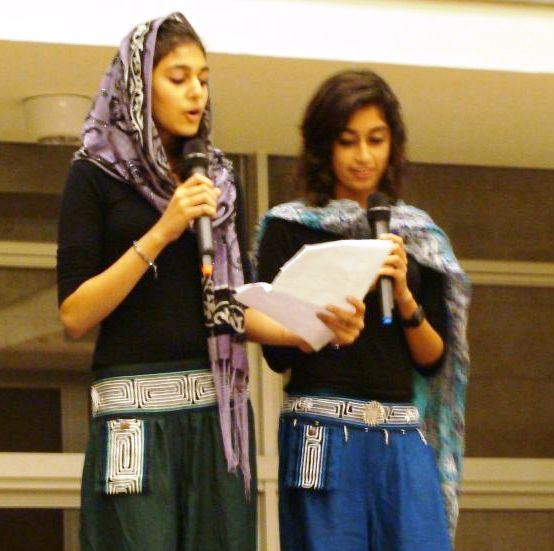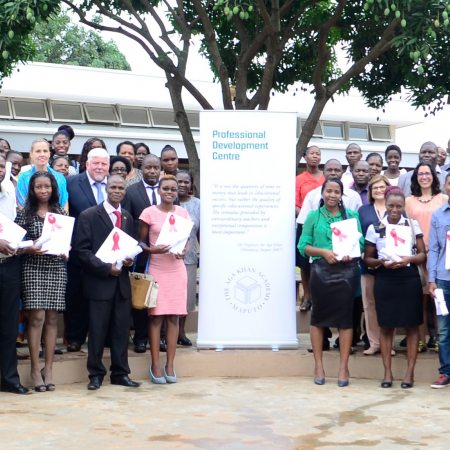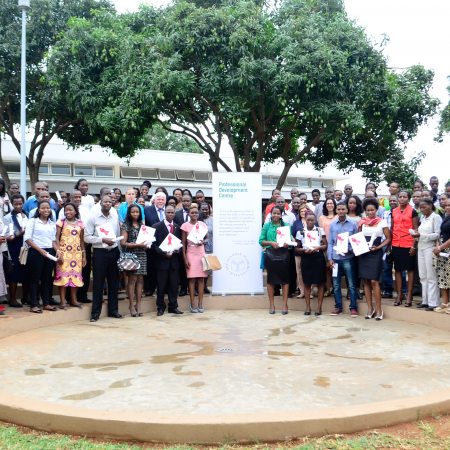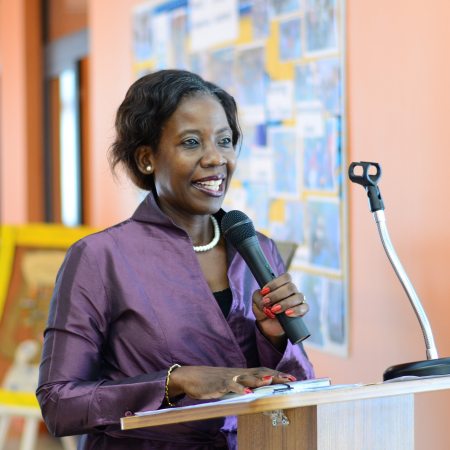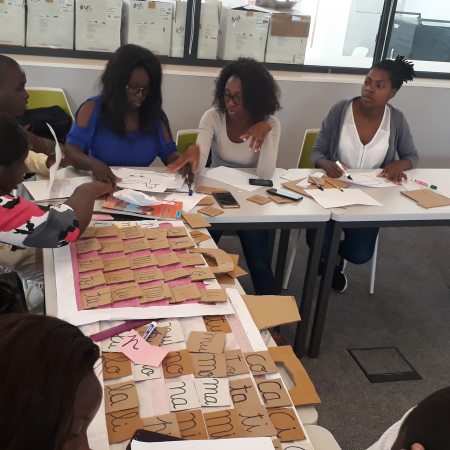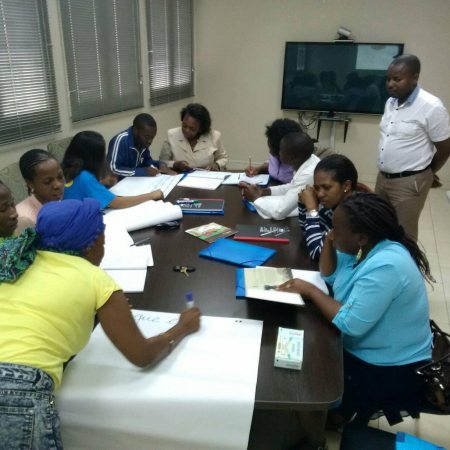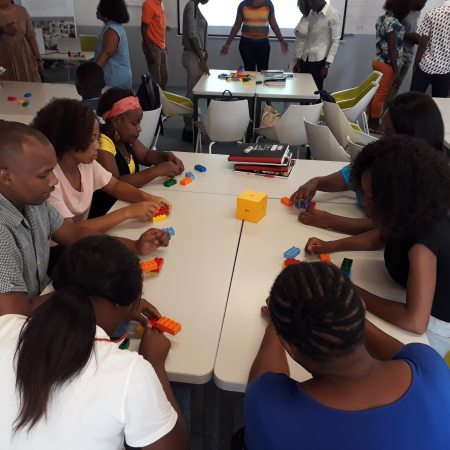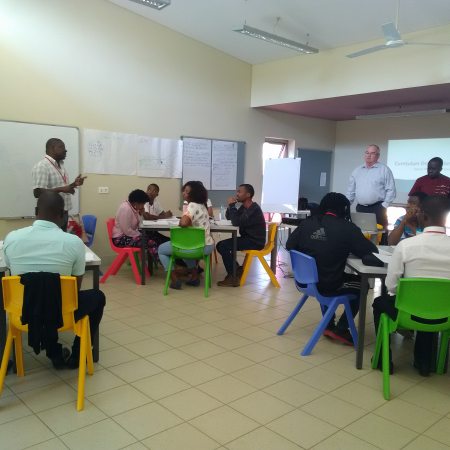Aashish Dhammani (Class of 2015): Student into teacher
Read below about alumnus Aashish Dhammani's unique experience as an intern at the Aga Khan Academy Hyderabad.
As an intern at the Aga Khan Academy Hyderabad, you are immersed in the everyday life of teaching and learning amidst some extraordinary intellectuals. As an Academy graduate, I have valued diversity in thoughts, lifestyles and priorities. In the last three months and 14 days, that was put to the test. Every day has been a learning experience; be it with peers or among guests with immense wisdom, my storehouse is now filled with a plethora of knowledge.
Interning under the Dean of Students Aaron Jacob, my internship focused on academic support for the International Baccalaureate (IB) Diploma Programme students in history and the theory of knowledge. Additionally, I was a dorm parent trying to balance a variety of academic and personal issues in student life. In the process, I have developed skills in time management, communicating in a working environment and organisation and resilience under pressure. I was also involved in the facilitation of the Academy's yearbook for 2016, interaction with visitors, assisting in the making of the first IB Middle Years Programme film and various Senior School events.
In my time here, I have grown to value the time, energy and knowledge that goes into the profession of teaching, which unfortunately is not widely respected across our Indian subcontinent. I also realised that as a teacher, you work equally as hard as any student in your class. In the future, my goal will also be to change the stereotypical image of a profession which is as challenging, enriching and rejuvenating as any other valuable profession. Teaching is reliving every day and growing individually.
The Academy is an environment that challenges and nurtures leaders who are fearless, courageous and stewards. I have always envisioned growing up to be one myself. After this internship, I am confident my dream is not too far removed. I will continue to motivate myself to grow, beat the odds, acknowledge diversity and tap into the unfathomable.
I am ready to take on another journey from oblivion to self-discovery!

Aga Khan Curricular Strands
The Aga Khan Curricular Strands (AK Strands) are a unique part of the programme offered by the Aga Khan Academies. The AK Strands are areas of learning aimed specifically at developing knowledge, skills and attitudes required by future leaders.
Our goal at the Academies is to develop young people who have strong local roots and are also globally minded. They should be able to become leaders in whichever fields they choose.
To help achieve this goal, we have identified five areas of learning, the Aga Khan Curricular Strands, that we believe are important for our students. These are:
- Ethics
- Pluralism
- Cultures (with an emphasis on Muslim civilisations)
- Governance and Civil Society
- Economics for Development
Implementing the AK Strands
The Aga Khan Curricular Strands are not taught as independent subjects. Instead, we weave them into the existing subject areas of the academic curriculum. They help inform the selection of content and themes for study. The AK Strands also provide direction for school life outside the classroom in areas such as policy making, recruitment, student life and residential life.
Two of the AK Strands, Ethics and Pluralism, help students develop values and dispositions required by ethical leaders. Our students learn about these areas in theory and are also encouraged to practice what they learn in their everyday lives.
Through the other three AK Strands, our students learn about ideas that are important to the functioning of societies. In particular, they learn about how these ideas impact people’s lives in countries of the developing world. The knowledge they gain helps them understand key issues from both local and international perspectives.
The AK Strands in practice
The Aga Khan Curricular Strands have been developed and tested over several years at the Aga Khan Academy Mombasa. This has led to new ideas and creative methods of teaching.
For example, teachers in different departments are using the AK Strands to collaborate in interesting ways. In one project, year 7 students worked on a unit that related to Governance and Civil Society in both humanities and English. They linked their theoretical understanding of authority structures to their study of the novel, The Giver.
They looked at questions of governance, freedom of choice, security and related ethical questions through the lenses of both subject areas. This allowed for a unique learning experience that was both broad and deep.
Through the Aga Khan Curricular Strands, our students develop attitudes and values that will help them throughout their lives. They also gain knowledge and understanding that will allow them to contribute positively to their societies in the future.
For more information on the educational programme offered at the Aga Khan Academy Mombasa please visit the Academic Programme page.
Celebrating World Environment Day
A special Eid celebration
AKA Maputo PDC celebrates 10 years
The Aga Khan Academy Maputo's Professional Development Centre (PDC) celebrated its 10-year anniversary this year. To commemorate this, we take a look back over the years at the work of the PDC.
